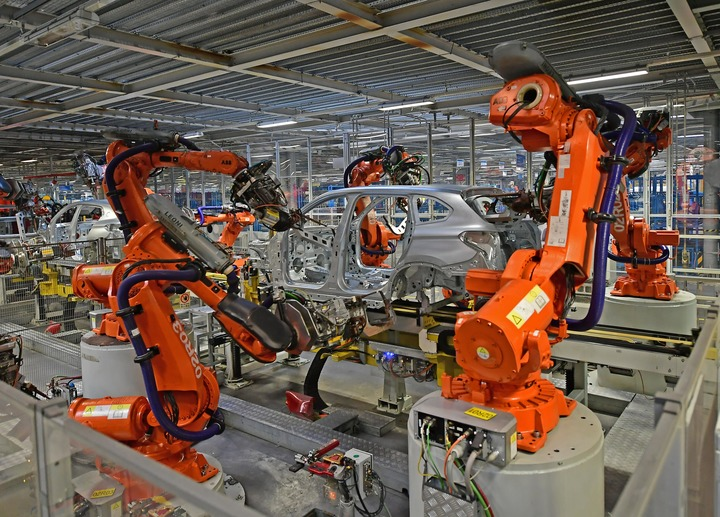BEIJING, June 6 (Xinhua) -- As swift and strong actions reined in epidemic flare-ups, China's economic engine started rumbling again.
The latest commodity index revealed improvements in both factory production and market demand, indicating that with timely and targeted policy support, the country's economic activities, gradually shaking off COVID-19 impacts, are poised for a steady recovery.
The China Bulk Merchandise Index, a gauge of domestic bulk commodity market growth, gained 1.6 percentage points in May from the previous month to stand at 101.3 percent, the China Federation of Logistics and Purchasing (CFLP) said.
Specifically, both supply and sales sub-indexes bottomed out and registered encouraging rebounds, with the latter at the highest notch in a year.
With the epidemic influence abating markedly and pro-growth measures in force, market demand is recovering and business operations are showing positive signs, the CFLP said. Sales of all major merchandise rose, including steel, coal, non-ferrous metals, chemicals, and automobiles.
The expanding commodity market added evidence of an economy emerging from the COVID-19 shadow, with disrupted factory activities and normal lives being back on track.
The logistics sector, one of the hardest-hit sectors amid the Omicron outbreak, logged a recovery last month, with firms upbeat about the prospect. The manufacturing sector fared better in May as its purchasing managers' index came in at 49.6, up from 47.4 in April. In the country's ongoing online shopping bonanza, which kicked off on June 1 and will last for weeks, many retailers said their sales volume took off in the beginning hours.
The worst period of the recent epidemic outbreak may have ended, Robin Xing, chief China economist with Morgan Stanley, said, adding that the following recovery trajectory will more likely be a U-shaped one.
China has unveiled a package of measures to further stabilize the economy and better coordinate epidemic control.
The policies, announced at a State Council executive meeting, include 33 detailed measures designed to ramp up fiscal and financial support, bolster investment and consumption, guarantee food and energy security, smoothen industrial and supply chains, and ensure people's livelihoods.
Premier Li Keqiang has underlined the need to earnestly implement those policies and urged swift actions from now on to get the economy back on track.
Clear signals have been sent that the country has taken concrete steps to stabilize growth, especially at the primary levels, analysts said.
The China International Capital Corporation, a joint-venture investment bank, believes that some of these pro-growth policies are stronger than those in 2020 and given effective COVID-19 control, will help buoy recovery in the second half of the year.




 A single purchase
A single purchase









